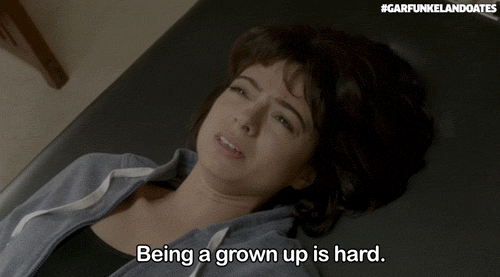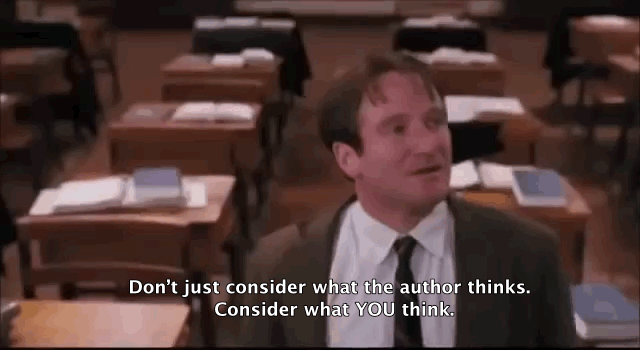As of this August, I can officially call myself a creative nonfiction MFA student. The genre, which is quickly gaining ground in the literary world but is still perhaps less well-known and less appreciated than the more pervasive fiction and poetry, is defined as one that “uses literary styles and techniques to create factually accurate narratives” and can encompass forms as diverse as biography, autobiography, memoir, diary, travel writing, food writing, literary journalism, chronicle, and personal essays. It certainly comes much more naturally to me than fiction ever did; usually, I’m so overwhelmed and inspired by the things I see in the real world around me that I see no point in making anything up!
Though writing has always been my passion, I applied to several graduate programs focusing on the subject almost on a whim after witnessing the mad application rush among my Honors College peers and the feeling the impulse to delay my entrance into the structureless existence of “adulthood” with all its attendant uncertainty.
And also kind of to not have to take the GRE like I would have if I’d followed my other undergrad major, psychology. Writing samples for the WIN!
I ended up getting into 4 of the 8ish schools I applied to, so it seemed as if it was written in the stars! I ultimately decided to attend the prestigious Sarah Lawrence, and gradually finding out that my decision to pursue an arts degree wasn’t actually as wildly impractical as it seemed.
For one thing, the MFA is a terminal degree. No, that doesn’t mean the workload will kill you, though I’m sure most students have had their moments of thinking such, but that it grants its recipients the ability to teach in higher education in their field.
Professorship, especially if you can nab the impressive benefits of an elusive tenured position, sounds like a surprisingly bearable backup plan if my best-seller dreams fail to materialize and could serve as a great part-time gig even if my writing did take off. Many schools offer teaching assistantships geared to prepare students for just such a career, or provide other ways for their students to gain hands-on experience- my school, for instance, offers opportunities to teach writing workshops in prison via a program called Right To Write.
Speaking of a career, writing is also a skill that is valuable and necessary in all kinds of professional settings, not just "literary" ones. Possessing an MFA offers a leg up for all kinds of business-world writing opportunities, and especially for publishing and editing jobs- and most programs come complete with a career services office to help get you that foot in the door.
Which brings me to my next point-- that success can be about who you know as much as anything else, and institutions like these are a great place to network. All of my professors are published authors or writers for prestigious publications, and most other programs are similarly star-studded. And who knows who among the fellow students I’ve befriended might end up being the next big thing and generous with their shiny new connections?
While the financial burden for these programs is indeed heavy, aid and grants are often available, especially to students from low-income backgrounds or deemed of exceptional gifts. And though these will probably be more competitive, some programs out there are even free or provide stipends for undergraduate teaching that could cover most if not all of their tuition’s steep costs.
Besides these practical benefits, a writing MFA comes with the more intellectual and human benefits of being exposed to great literature. Sure, you could read and study the same masterworks all by yourself, but in city popping with so many obligations and opportunities, who has the time? An MFA program forces you to make it. I doubt a lone reader could possibly come to the same depth of insight as can be gleaned from the multiple perspectives, shared in class discussions. And who really wants to be a lone reader anyway?
Which brings me to my final point about the value of MFA programs; the sense of being part of a real community of artists. No writer is an island, much as some of us try to be, and the workshopping process often produces some much-welcomed camaraderie along with improvements in our work- my fellow students are some of the most talented, insightful, and genuinely good people I’ve ever met.
Finally, devoting two years to getting an MFA is perhaps most importantly a time to put your craft above all else, and doing that makes a strong statement to the world around you- and even to yourself. After years of brushing off every compliment, I can finally say, easily and proudly that I am a writer- and have something tangible to back me up when I do.






